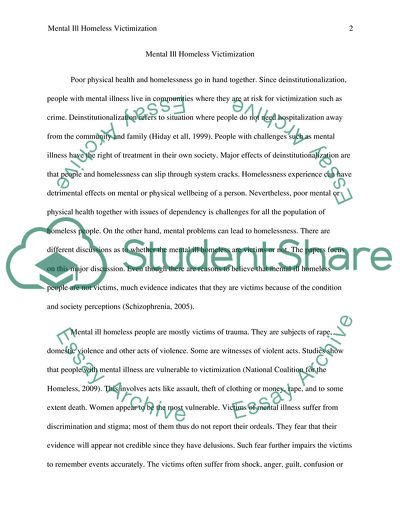Cite this document
(Mental Ill Homeless and Victimization Term Paper, n.d.)
Mental Ill Homeless and Victimization Term Paper. https://studentshare.org/medical-science/1815720-mentally-ill-homeless-and-victimization
Mental Ill Homeless and Victimization Term Paper. https://studentshare.org/medical-science/1815720-mentally-ill-homeless-and-victimization
(Mental Ill Homeless and Victimization Term Paper)
Mental Ill Homeless and Victimization Term Paper. https://studentshare.org/medical-science/1815720-mentally-ill-homeless-and-victimization.
Mental Ill Homeless and Victimization Term Paper. https://studentshare.org/medical-science/1815720-mentally-ill-homeless-and-victimization.
“Mental Ill Homeless and Victimization Term Paper”. https://studentshare.org/medical-science/1815720-mentally-ill-homeless-and-victimization.


